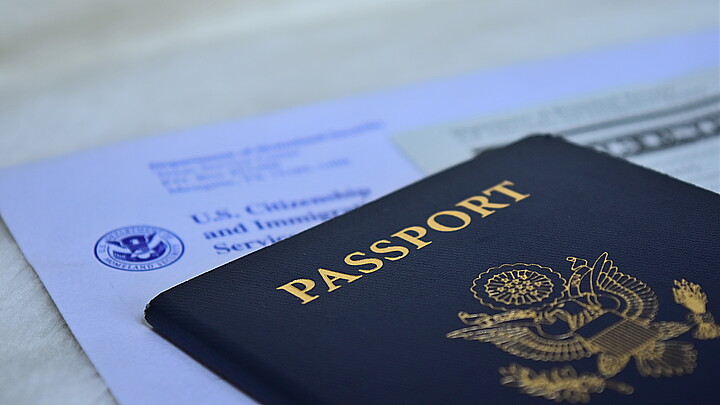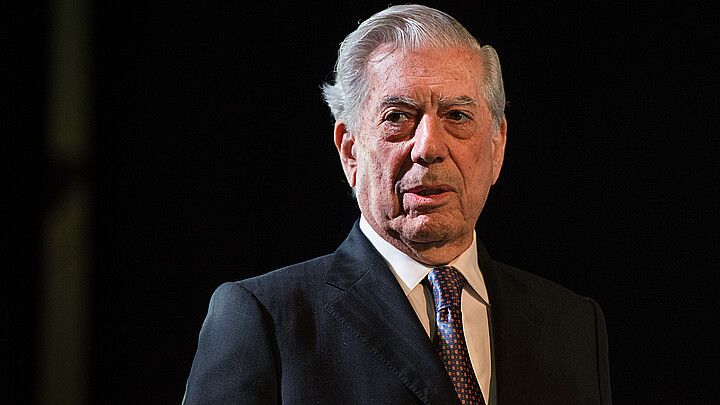Culture
European efforts to purge 'Christmas' from seasonal lexicon meet resistance
After Vatican rebuff, European Commission withdraws newspeak "inclusive communication" manual for revision, as U.K. scrubs "Christmas" from COVID media campaign.
December 2, 2021 11:34pm
Updated: December 3, 2021 1:17pm
Moves by officials in the EU and U.K. to cleanse the insufficiently inclusive term "Christmas" from holiday season nomenclature are meeting resistance amid signs that authorities may be backtracking from a sweeping top-down campaign to weed out speech rooted in traditional Western usage that could be construed as insensitive to minorities.
In the European Union, an internal document by EU Commissioner for Equality Helena Dalli, first reported on by Italian daily Il Giornale, recommends that expressions that are offensive to minorities or "aren't inclusive enough" — including "Christmas" — shouldn't be used ahead of the Christmas season.
Dalli published an internal guide, "Union of Equality: The European Commission Guidelines for Inclusive Communication," which instructs officials on what language they should or should not use. The guidance lists words and phrases she deems inclusive or exclusive and lists phrases and expressions related to gender, sexual identity, ethnic origin or culture that are permissible or prohibited.
"[Avoid] assuming that everyone is Christian," the guide urges European Commission employees, who work in the executive branch of the EU. "Not everyone celebrates the Christian holidays, and not all Christians celebrate them on the same dates."
EU employees are given instructions on what phrases they can and cannot use. Instead of saying, "Christmas time can be stressful," for example, they are advised to say, "Holiday times can be stressful," according to the guidance.
Instructions to avoid the word "Christmas" appear in a section called, "Cultures, lifestyles or beliefs."
In response, the Vatican's Secretary of State, Cardinal Petro Parolin, criticized the report. In an interview published by Vatican News on Nov. 30, Parolin said the guidance went "against reality" by downplaying Europe's Christian roots.
But the guidance goes beyond Christmas. It changes how people would communicate to and about each other, replacing masculine phrases, and even Christian-sounding names.
For example, Dalli's guidance says when presenting hypothetical examples in documents, officials should "not only choose names that are typically from one religion."
Instead of using the names "Maria and John," for example, officials should use names like "Malika and Julio," according to the newspeak guidelines.
After receiving criticism from the Vatican, Dalli tweeted, "We are looking into these concerns with the view of addressing them in an updated version of the guidelines."
She also attached an official commission statement, which ends by saying: "The guidelines clearly need more work. I therefore withdraw the guidelines and will work further on this document."
Despite Dalli backtracking, officials in the U.K. are forging ahead with a decision to jettison problematic Christmas terminology from a new public health campaign.
The U.K. government suggests that using the word "Christmas" would offend non-Christian minorities, in a report leaked to The Mail on Sunday. The guidance was made public as Prime Minister Boris Johnson announced he was implementing tighter travel restrictions and mask mandates to thwart the spread of the so-called Omicron variant.
The guidance was provoked by plans for a media blitz urging students to get tested for COVID before returning to their families for the holiday break, as civil servants vetoed the proposed slogan for the campaign: "Don't take Covid home for Christmas."
"We have been advised by Cabinet Office that we should not use the word Christmas — as the Government campaign needs to be inclusive and some religions don't celebrate Christmas," the guidance states. "The other option was 'festive season' which keeps the emotional motivation."
Instead, they chose to use the phrase, "Don't take COVID-19 home for the holidays," since it "links to school and university Christmas holidays," the Mail on Sunday reports.
But even that was criticized by a British bureaucrat who suggested that "holidays" was an "Americanism" despite such terminology being suggested by EU guidance.
One Conservative MP, Saqib Bhatti, criticized the guidance, saying, "As a Muslim, I find it ridiculous we can't enjoy this special time of year.
"I look forward to showing my new son his first Christmas tree. The idea you can't mention Christmas is completely ridiculous.
"It's the celebration of all cultures that makes this the most welcoming country in the world. I'm proud of that and proud to celebrate Christmas."









